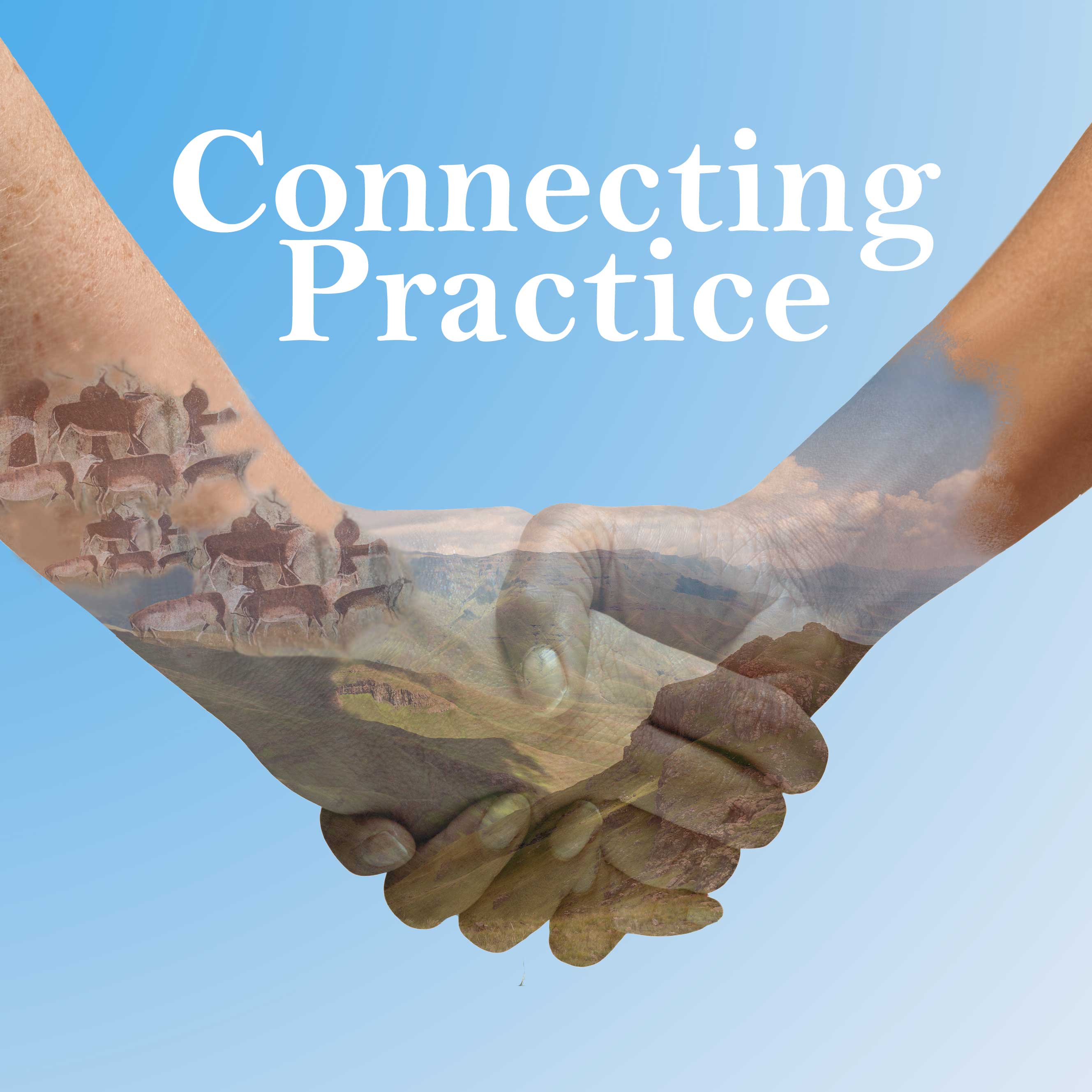Connecting Practice Workshop | 7-8 February 2019
 A workshop for the third phase of the Connecting Practice project that ICOMOS and IUCN are undertaking with The Christensen Fund’s support took place in ICOMOS headquarters near Paris, France on 7 and 8 February 2019. The Connecting Practice project is an initiative which aims to explore, learn about and create new methods of recognition and support for the interconnected character of the natural, cultural and social values of World Heritage Sites. Following the successful first two phases of Connecting Practice, the third phase continues to explore and to implement lessons learned into practical interventions and new mechanisms for achieving positive results for agricultural and biocultural practices.
A workshop for the third phase of the Connecting Practice project that ICOMOS and IUCN are undertaking with The Christensen Fund’s support took place in ICOMOS headquarters near Paris, France on 7 and 8 February 2019. The Connecting Practice project is an initiative which aims to explore, learn about and create new methods of recognition and support for the interconnected character of the natural, cultural and social values of World Heritage Sites. Following the successful first two phases of Connecting Practice, the third phase continues to explore and to implement lessons learned into practical interventions and new mechanisms for achieving positive results for agricultural and biocultural practices.
A particular goal of the Phase III is to establish new and stronger partnerships with a variety of organizations in order to enhance understanding and collaboration. The project enables IUCN, ICOMOS and their partners to test ideas that can influence a shift in conceptual and practical arrangements for considering culture and nature within the World Heritage Convention and beyond, and for helping to define strategies that can translate theory into practice at a site level.
Phase III specifically focuses on landscapes that demonstrate significant biocultural values (agriculture, fishing, shellfish gathering, etc.) and identifies three main questions which the participants tried to address:
- How to better understand the cultural-socio-ecological system of the property?
- How to support/strengthen its resilience?
- How to incorporate the learning into improved management systems?
Phase III implements field-based joint advisory activities at four landscapes/seascapes with traditional agricultural systems and defined biocultural practices. The project partners will engage directly with local management authorities to assess the cultural and natural values at the sites, understand traditional management frameworks, research dynamic evolution of biocultural practices, and review levels of acceptable site change.
While the work undertaken in this phase will benefit the selected case study sites and their communities, it will also help to develop improved frameworks and strategies applicable to a wider range of World Heritage sites, fill gaps in the World Heritage List (where such living cultural landscapes are relatively less well represented), and contribute to global heritage dialogues throughout the professional networks of the various organisations involved.
Participants of the workshop, 7-8 February 2019, Charenton-le-Pont, France © ICOMOS

